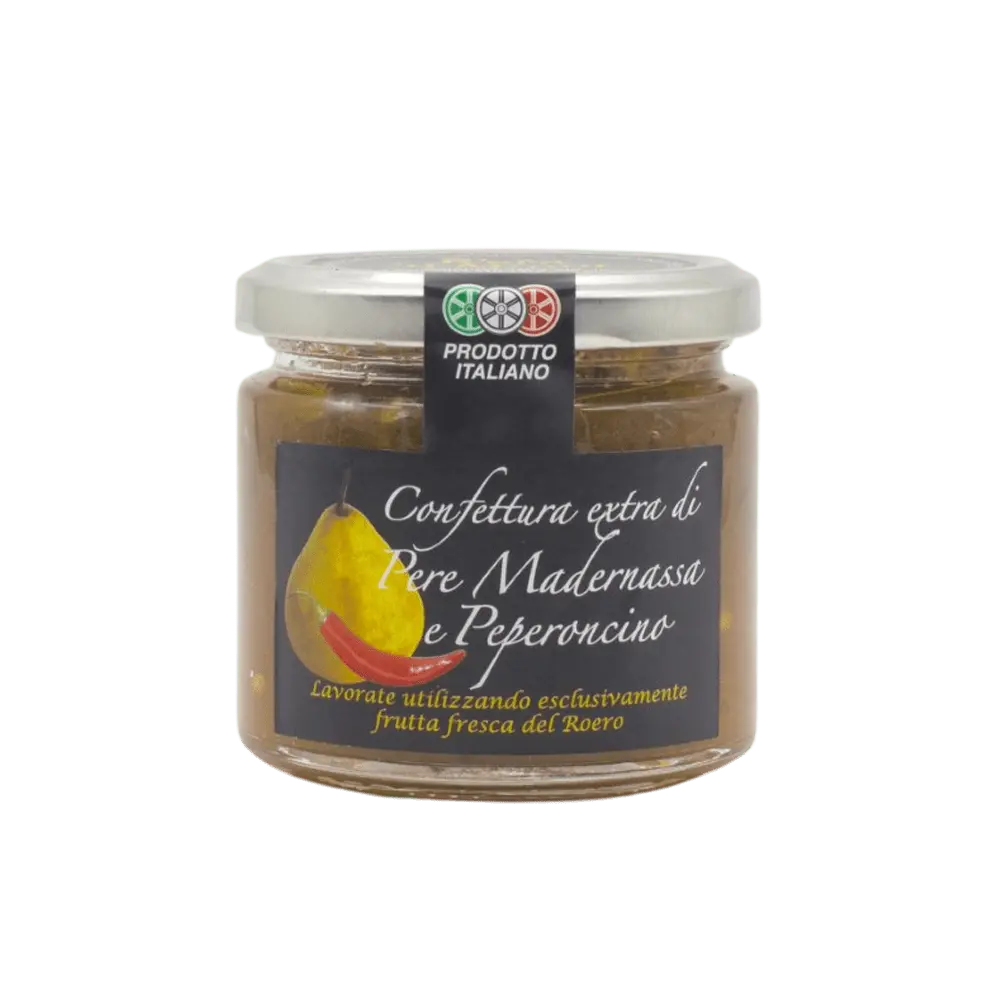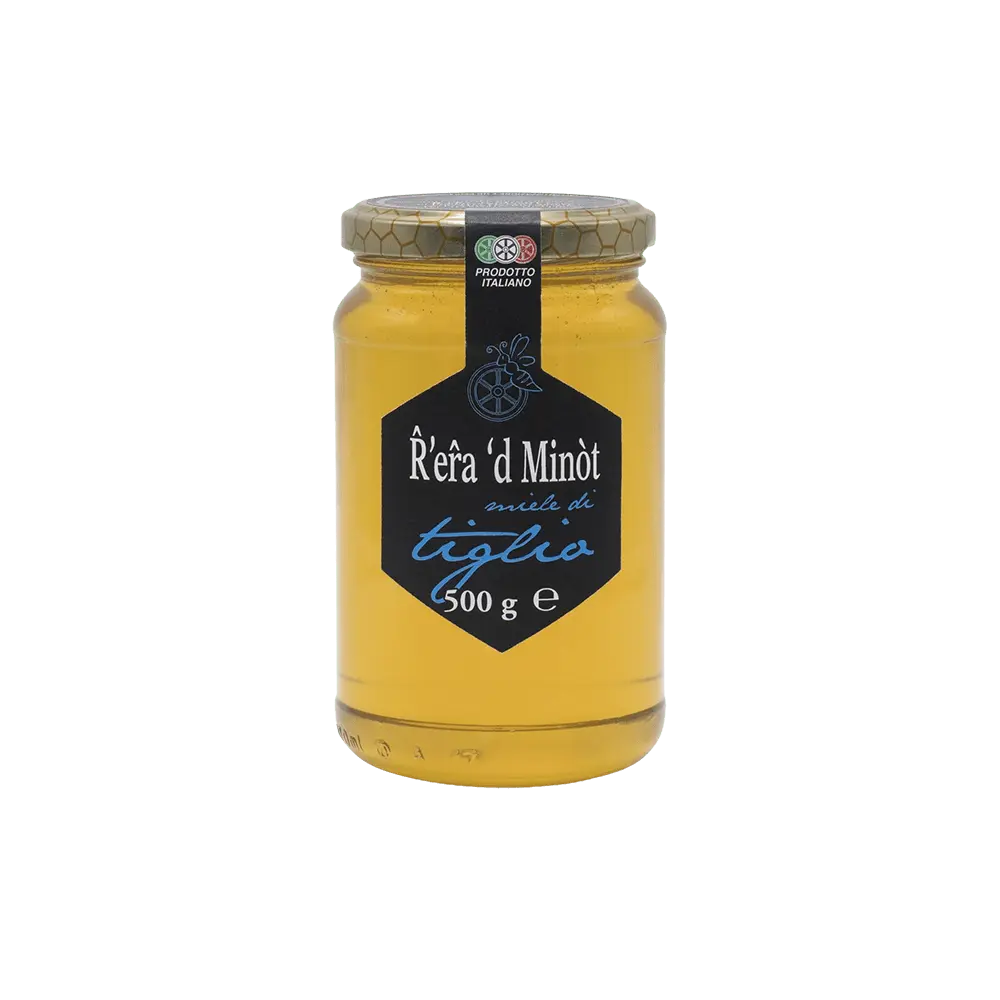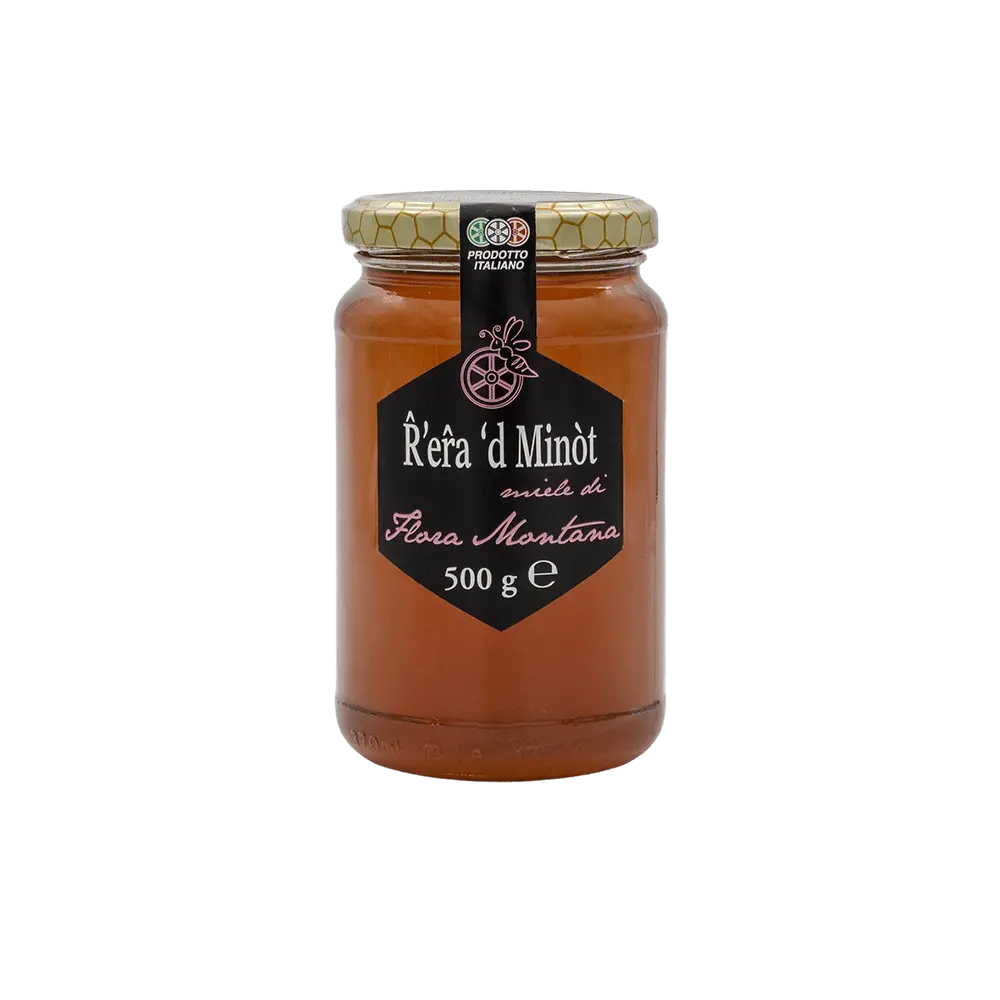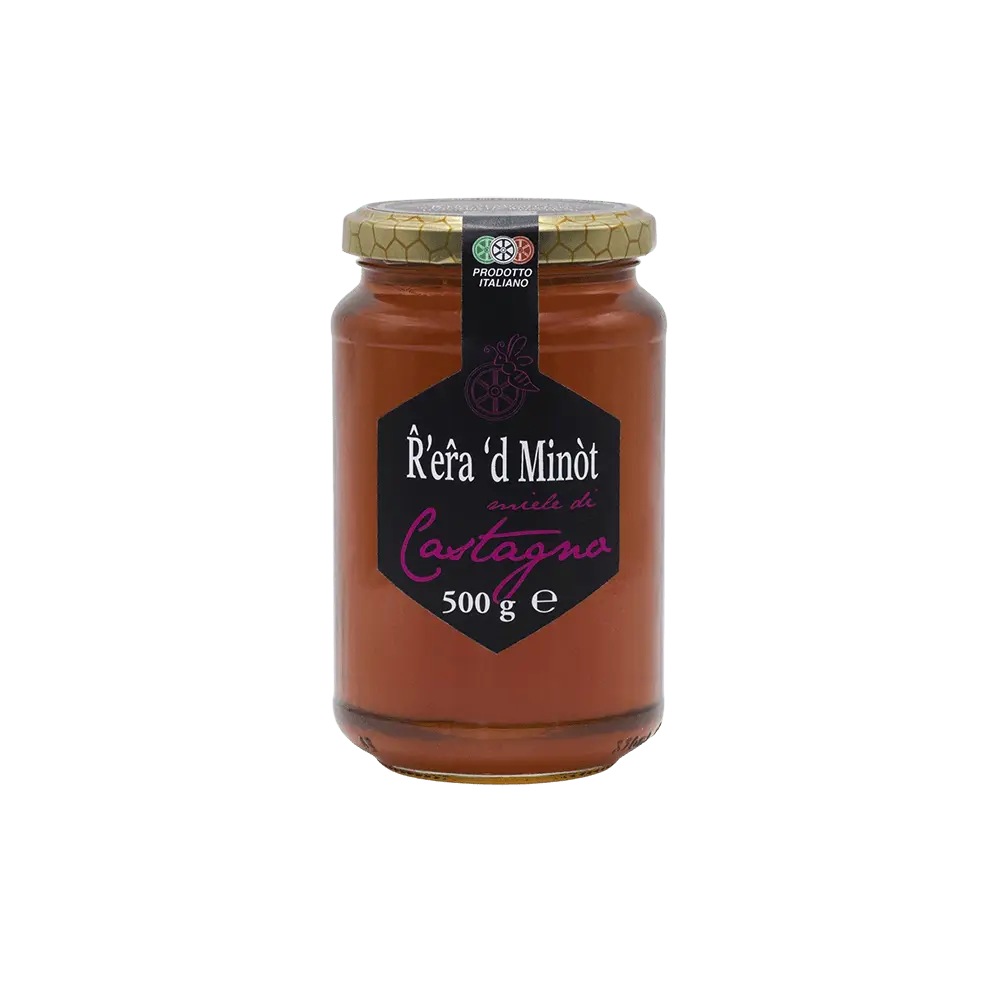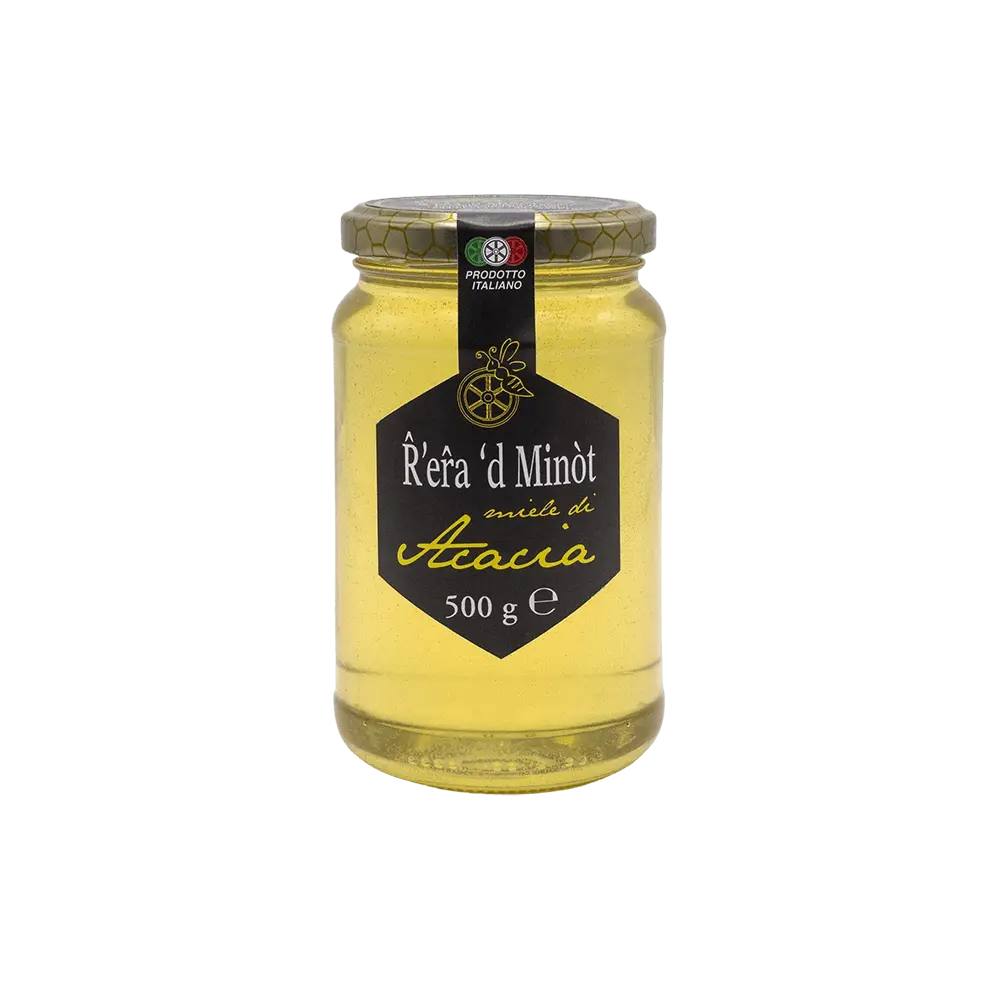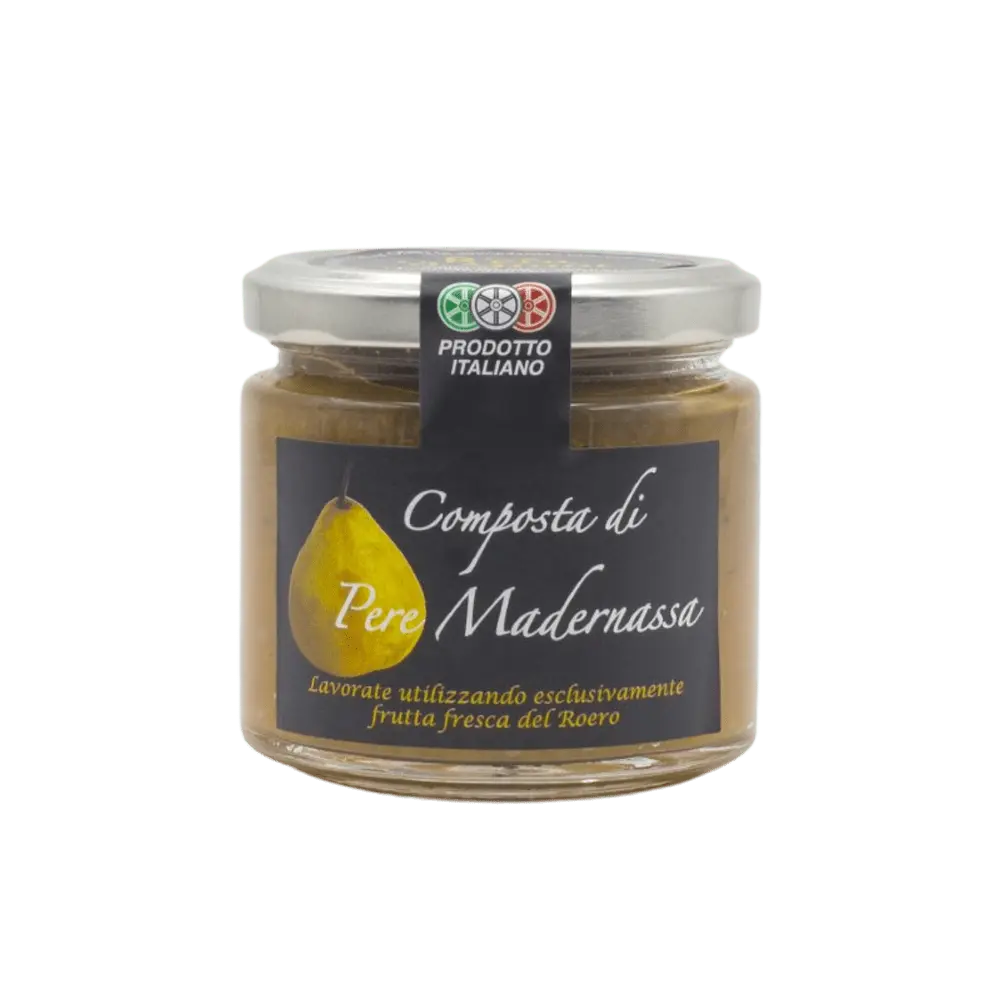R'era 'd Minot Nomad honey of Roero
Business Hours
Closing Day
Holidays
The first encounter between the Bordone family and the bees took place in 86: at the time the father (grandfather of the current owners) and his two sons ran a farm, producing fruit and vegetables.
In the small community of Roero, the three had the opportunity through beekeeper friends to approach the world of the hive, receiving shortly after two families as a gift.
From here began an increasingly engaging relationship, first experienced as a hobby, which gradually saw them buying more boxes, arriving at a total of 600 families in just 5 years.
The two brothers decided then to separate the companies and each continued on his own path, separating the hives and continuing in parallel the cultivation activity, which was always the main production of both.
It was only in 2016 that beekeeping gained the leading role, with the choices of the new generation: Enrico and Stefano took over the business of their father Domenico, giving it a new life.
This is the start of R’era ‘d Minot, a reality that is young but with an old experience, which produces the main local honeys practicing nomadism throughout Piedmont.
The orchard part also remains, with apricots, cherries, madernassa pears, hazelnuts, plums and the subsequent production of pears in Arneis wine, jams and fruit juices.
Photo credits: Eunice Brovida – http://www.eunicebrovidafoto.com/
Products
Each honey is produced in a specific place and at a specific time of the year.
In fact, they practice nomadism, pursuing the desired blooms within a radius of 100 km, or in the provinces of Asti and Cuneo.
The honeys produced are:
- Dandelion
- Acacia
- Chestnut
- Basswood
- Millefiori of hill or mountain
The first two bloom between April and May, while the others develop later, simultaneously.
However, these times are changing due to climate change, which reduces certainties and production year after year.
The last collection is the forest honeydew, which does not derive from flower but from the secretion of the meccalfa – plant insect – or of specific leaves; this is not called honey, as it has different origins.
In addition to the production of honey, you can also buy fruit preserves and Arneis pears in the company.
Nomadism
Products on sale on our shop
Experiences
The visit can be structured differently based on the interest of the group, with a focus on honey production, fruit growing, or both activities.
When booking, specify which field you are interested in learning more about.
Bees, hives and honey production
If you choose to focus on beekeeping, the visit begins with a brief introduction to the internal dynamics of the beehive, through the use of a teaching hive.
From this you can closely observe the organization of the bees, the various sections of the interior spaces and the queen bee, all separated only by a thin protective glass.
We then move to the warehouses, where the honey extraction process and the operation of the various machines used are explained, more or less in detail based on the interest and preparation of the group.
A tasting of the produced honeys follows, with the analysis of the different characteristics of the varieties.
Orchards and jams
Instead, the fruit-growing visit consists of a tour of the orchards, almost all of which are near the farm.
During the journey you are told about the actions carried out during the year to ensure a healthy and quality harvest: the chemical intervention is avoided except in extreme cases, always opting for traditional and natural methods.
After the walk you move into the tasting room, where you can taste the semi-finished products such as preserves, pears in wine or hazelnuts, depending on the season.
Get closer to an apiary in action
Upon reservation, it is possible to visit one of the apiaries of the company wearing the protective suits provided.
The activity can be carried out by up to 10 people at a time, but it is possible to divide larger groups between the activities and take turns, participating in each of the proposed tours.
Groups
Experience Duration
Booking
Experience Price
The origin of the name
R'era 'd Minot it is a symbolic name of the family history of the Bordone, and literally means "the farmyard of Domenico".
Domenico was the family elder, cousin of the founding father as well as owner of the farmyard.
In 1900 the internal courtyard where the establishments still is today was used as a fruit and vegetable market, in which the peasants used to sell their harvest, selected by local merchants.
From here the two young owners took the new name, which wants to recall the peasant spirit of the past and bring honor to the history of the family.
What is the forest honeydew?
Prices & Services
Choose depending on your interests
Types of visit
- Orchards and preserves - € 15 per person
- Bees, hives and honey production - € 20 per person
- Orchard and beekeeping combos - € 30 per person
- Visit to the apiary - € 40 per person
Services
Accepted Payments
R'era 'd Minot
Nomad honey of Roero
Farm in Monteu Roero
R'era 'd Minot
Nomad honey of Roero
Farm in Monteu Roero



